HGV driver shortage: Lack of examiners and test delays blamed
- Published
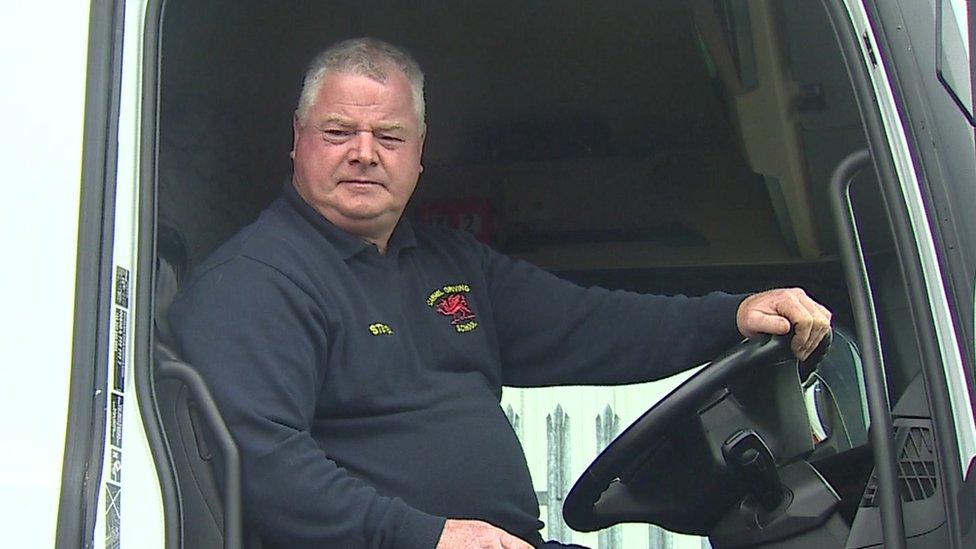
Mr Flynn wants more to be done to reduce the back-log of drivers waiting for tests
A lack of examiners is largely to blame for the UK shortage of HGV drivers, a lorry driving instructor has said.
Steven Flynn, who runs Carmel Driving School in Caernarfon, Gwynedd, said he has dozens of drivers waiting to take their tests.
Waiting times and delayed paper work contributed to the "heart-breaking" situation, he said.
The Driver and Vehicle Standards Agency said it was "tackling this issue through increasing testing".
The shortage of HGV drivers is due to a combination of Covid, Brexit and other factors, and has led to growing concerns about deliveries of food and fuel.
For Mr Flynn, the problem is there are not enough examiners available to book tests.
"There hasn't been an investment in examiners in the last few years and the pandemic hasn't helped either... but they could do a lot more than what they actually are doing," he said.
"We've got in excess of at least 30 to 35 people waiting to go for their tests. We have enough vehicles, we have enough instructors, but we simply don't have the tests."
'Paperwork takes weeks and weeks'
Mr Flynn said that after spring's lockdown, some of his drivers had to wait three months to book a test.
Although the situation has now "massively improved", he said the waiting times are still "too long", claiming more examiners would have helped.
"We have built brand-new facilities here and all we would need is an examiner to come," he said.
"The test centre is just around the corner - which they're proposing to close - and some of the days there aren't any examiners there, simply because of the lack of investment in examiners."
Mr Flynn said he cannot expand the business and employ more instructors until more tests become available.
He also said booking tests online was not always possible, and it was "heart-breaking" spending up to two hours every day on hold, trying to book by phone.
While testing is covered by the DVSA, Mr Flynn said waiting for documentation was also a serious problem, with "paperwork taking weeks and weeks" to come back from the Driver and Vehicle Licensing Agency (DVLA).
Andrew Lloyd, national officer for the Public and Commercial Services (PCS) union, said the DVLA must take responsibility.
He said: "If there is anyone waiting for their driver's licence from DVLA, just to let you know PCS asked DVLA management a number of months ago now to prioritise key workers' driver's licences and correspondence. That would include lorry drivers. DVLA have not even bothered to respond to their trade union. This crisis is on the DVLA management."
A DVLA spokesman said there were no delays in processing HGV provisional licence applications which were currently being issued in about five days, adding: "We are looking at ways to speed up this process even further."
He added: "More complex transactions, for example if medical investigations are needed as part of a driving licence application, may face longer delays.
"We have made it a priority to process provisional and vocational HGV licences as quickly as possible."
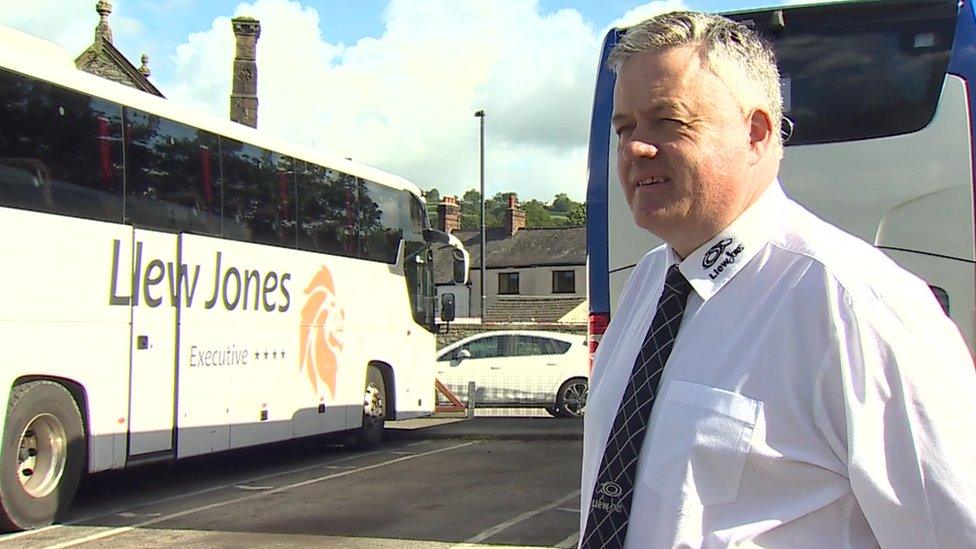
Llew Jones Coaches' director says more and more drivers are finding work elsewhere and not returning to the industry
In the Conwy Valley, Llew Jones Coaches has had to suspend part of one of its bus routes "due to a lack of driving staff".
Steve Jones, managing director, said Covid had seen an increase in the number of drivers retiring from the industry and "so very few new people have come into the industry" due to limited training in that period.
Mr Jones said they were "running about 10 drivers short of where we would want to be" and called for a simpler process of acquiring a test and dealing with the governing agencies.
"We need to reduce the red tape and get people through quicker," he said.
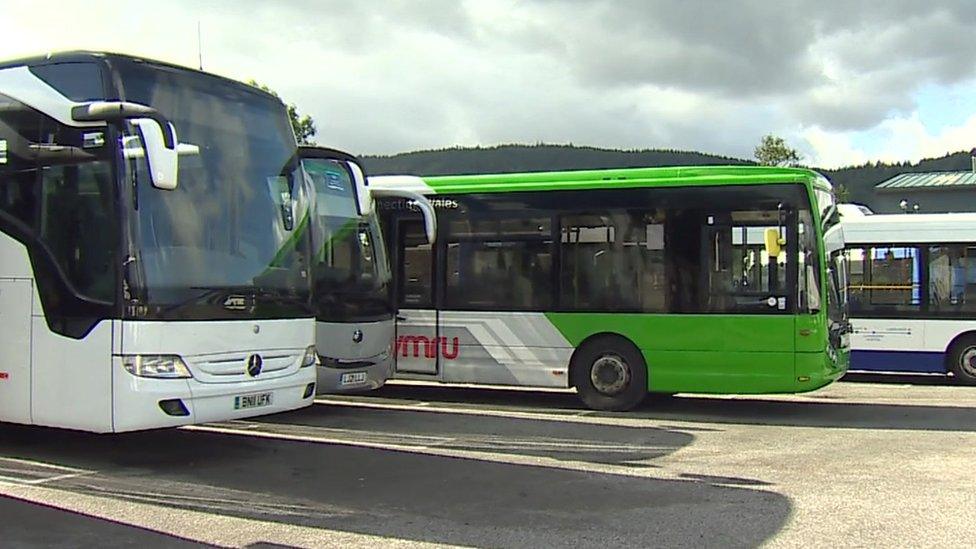
"We need more examiners so we can get more tests through," says Steve Jones
The DVSA said it recognised the haulage industry fuels the economy and had "listened to its concerns about the current lorry driver shortage".
"We have responded by doing all we can to support the industry in tackling this issue through increasing lorry driver testing," it said.
Current waiting times for vocational tests were on average 3.3 weeks, compared with a pre-Covid rate of 2.7 weeks.
And 3,000 vocational tests were being done a week, compared with 2,000 pre-Covid, the DVSA said.

THE LONG WALK HOME: 20,000 miles, 4 years, 1 man
FORENSIC COLLISION INVESTIGATORS: Step inside the cordon with The Crash Detectives

Related topics
- Published15 October 2021
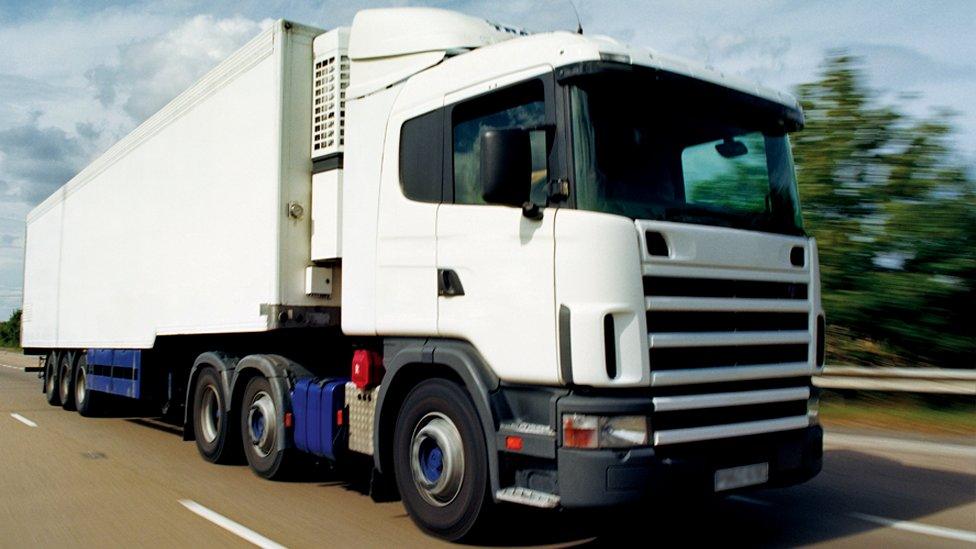
- Published26 August 2021
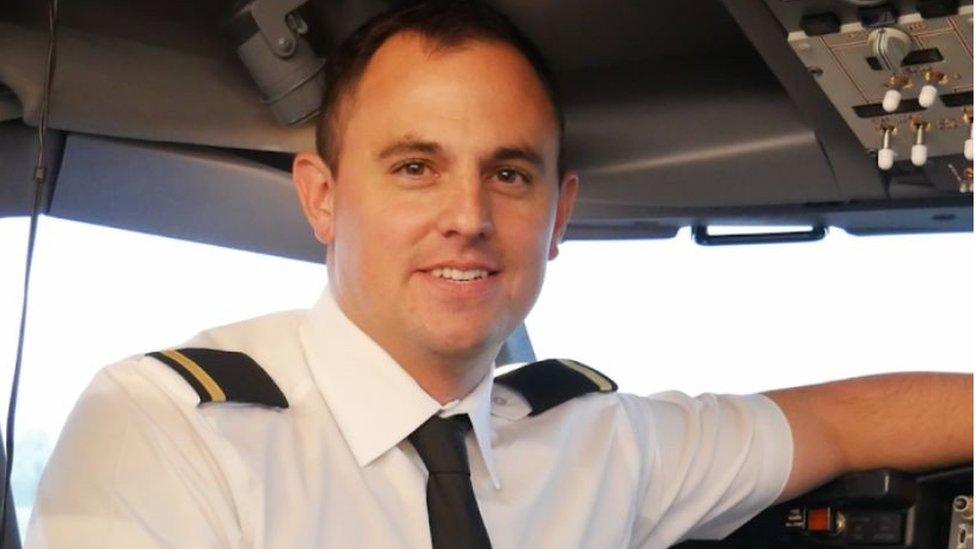
- Published21 July 2021
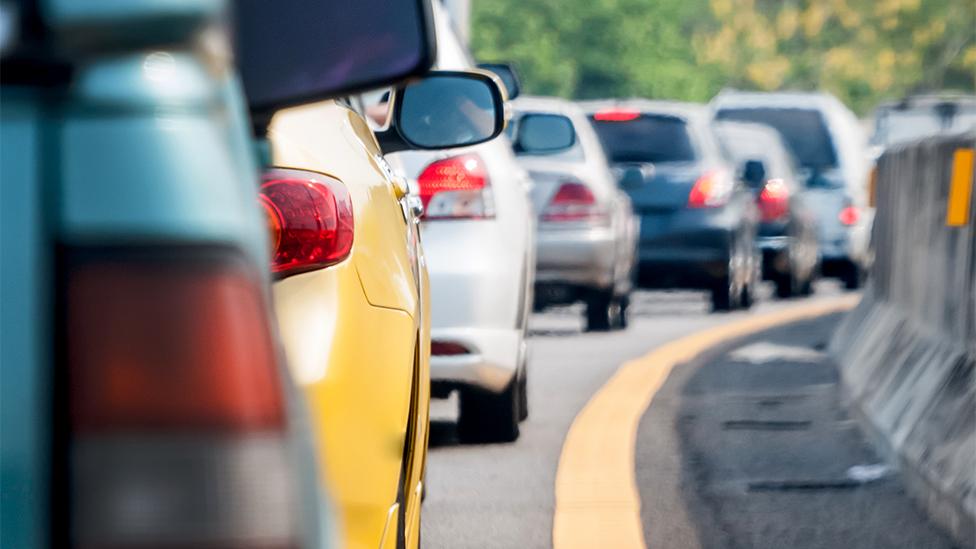
- Published23 June 2021
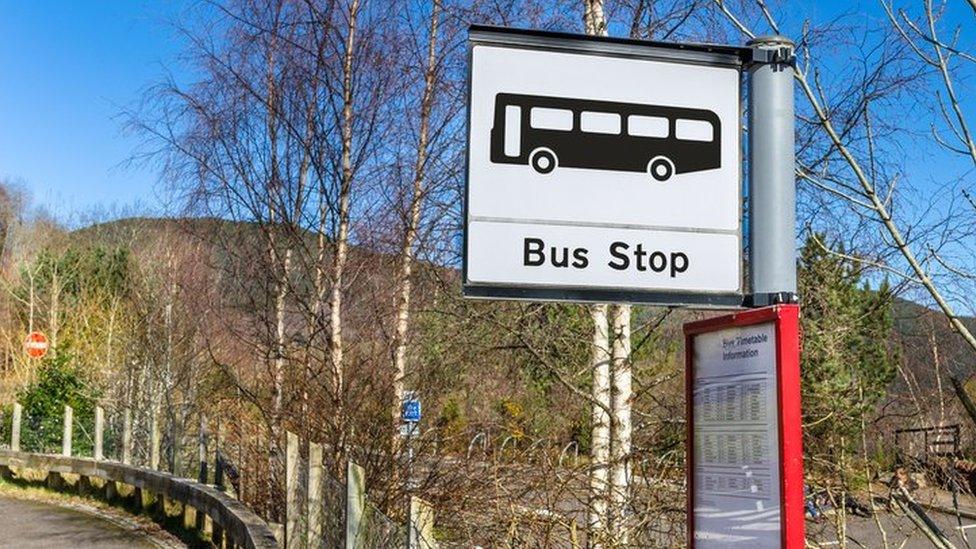
- Published13 September 2021
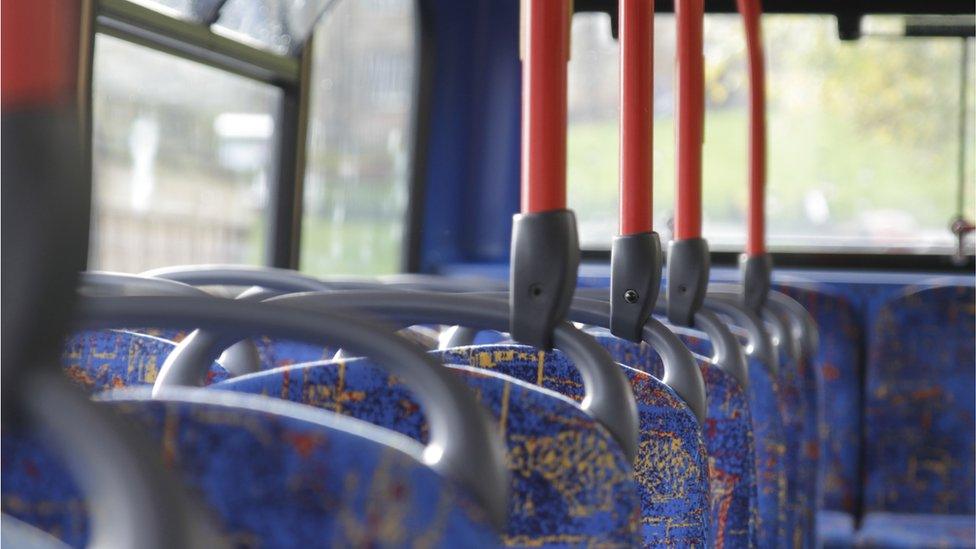
- Published30 September 2021
